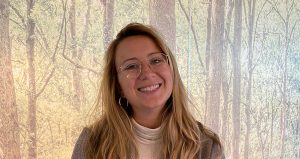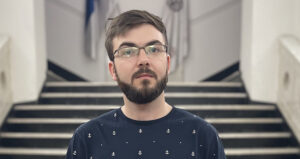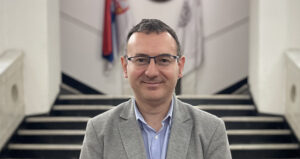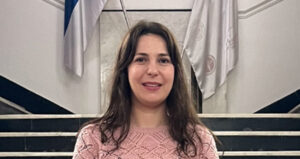Lander: “An excellent chance to meet people”
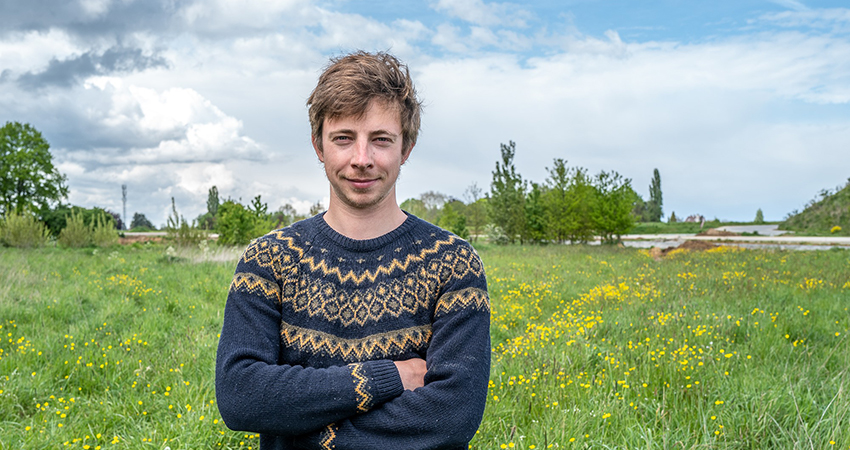
-
Editorial Team
Share article:
Lander Wantens from Belgium is participating in the third group of the European Junior Water Programme (EJWP). He is sharing his experiences on Water News Europe. Lander thinks EJWP offers an excellent chance to meet people coming from different countries in Europe, all working on the water theme.
What and where is your current work position?
“I am a project manager on climate at Natuurpunt, which is the main nature non-governmental organization in Flanders, Belgium. I’m currently working on the wetlands4Cities project, with the aim to restore or develop at least five urban wetlands in Flanders.”
What value are you bringing to your organization and career from your EJWP journey?
“I think that EJWP and water-sector organizations in the Water Europe Network can partner with Natuurpunt in the future to work together on water related projects. We can combine the importance of nature and water in integrated projects on wetlands, water quality, drought measures, and future adaptation projects to mitigate the impacts of climate change. Water and nature both will have very important roles in the years to come.”
What is your most valuable experience with EJWP so far?
“The training week we had in Bordeaux was an excellent chance to meet the people coming from different countries in Europe, all working on the water theme. It was nice to see how the city of Bordeaux is integrating water and environment in its development plans. An unexpected surprise was also the visit we had in Bordeaux to the former WWII submarine bunker, which I did not know it existed.”
What have you already learned or developed in knowledge or skills?
“The complexity and the scope of connecting many people in a very short time.”
What are the benefits of an international water-sector network? And how are you building a water network with EJWP?
“This is a good way to share ideas on project plans and actions between different organizations, so that we can begin partnerships between organizations around Europe. We can also inspire each other and learn from mistakes or successes in things we have done in the past. Building the right networks is something that happens step-by-step through attending meetings and events, as well as through direct contact with organizations and people like we do in EJWP.”
What can better-connected international water professionals mean for water sector organizations?
“They will make it easier and more efficient to share information between organizations around Europe and in the world. This will also help organizations to work together better on projects to address challenges that are affecting us all. Like this, it is easier to understand the different situations in the countries: from legislations, to history, to cultural differences and the effects of all of this on the water sector.”
What did you study?
“I completed my Bachelor’s in environmental awareness at Erasmus hogeschool in Brussels and Banaba landscape education at the Hogeschool in Ghent, Belgium.”
Where and in which position would you like to be working in five years?
“It is hard to name a specific position. I will say that I would like to keep working in the nature and climate sector where I can help connect water and environment in ways to help solve problems we are having: drought, floods and nature loss due to climate change. In five years, I hope to be a kind of an expert in nature-based solutions, particularly where water and nature come together.”


